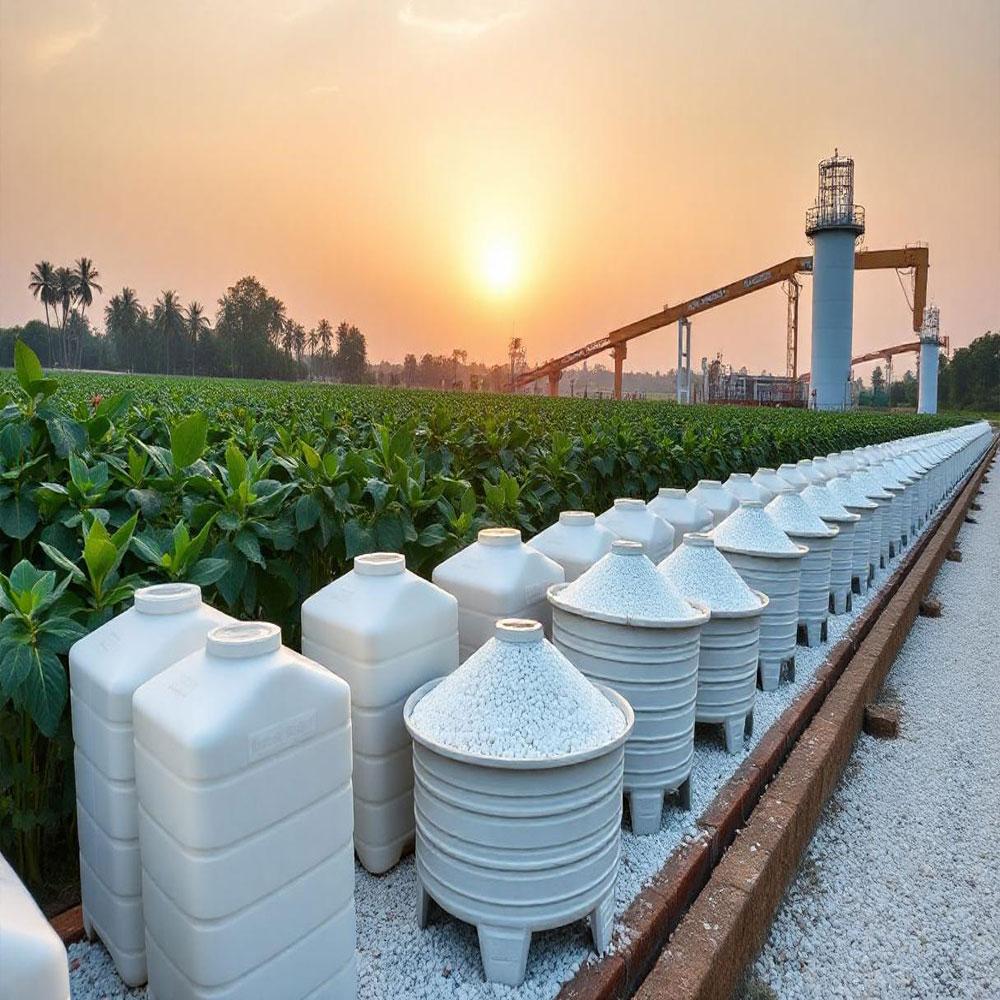Discover how to identify premium-quality marble and stone from top suppliers in Italy, Iran, and Turkey. Learn key facto...
Iran's Sulfur Exports to China, India, and Brazil
Iran's Sulfur Exports a Growing Trade with China, India, and Brazil
Iran, a major player in the global sulfur market, exports approximately 480,000 tons of sulfur annually to key markets like China, India, and Brazil. This significant trade highlights the country's role as a leading producer and supplier of sulfur, a crucial element with diverse applications, particularly in agriculture.
The importance of sulfur in agriculture
Sulfur is used in the agricultural sector, including first-grade products and raw materials for the production of sulfuric acid. which is necessary for the production of various chemical fertilizers. These fertilizers are vital for boosting crop yields and maintaining soil health, making sulfur a critical input for the agricultural sector.
Iran’s Sulfur Production Capabilities
Iran’s sulfur production is concentrated in facilities like the Gas Refinery, the latter being the largest sulfur production hub in the country. The Gas Refinery alone produces about 600,000 tons of sulfur annually. This robust production capacity allows Iran to meet both domestic demand and the needs of its international buyers. The refinery's sulfur sales generate substantial revenue, amounting to approximately $200 million annually. Of this, $160 million comes from exports, while the remaining $40 million is earned through domestic sales.
Iran's Sulfur Export Markets China, India, and Brazil
China, India, and Brazil are the primary importers of Iranian sulfur. These countries have vast agricultural sectors that require a steady supply of sulfur for fertilizer production. Brazil, in particular, stands out as one of the largest sulfur importers, relying on this element to support its large-scale agricultural operations. This trade relationship underscores the strategic importance of sulfur in supporting global food production.
Domestic Consumption and Market Dynamics
While Iran is a significant sulfur exporter, domestic consumption has also seen an increase. In recent years, the domestic use of sulfur has grown from 16-17% to around 30-32% of the total production. This rise reflects Iran's efforts to boost its agricultural sector by utilizing more of its sulfur production locally.
However, despite efforts to list sulfur on the stock exchange to streamline its sale and pricing, this initiative has faced opposition, delaying its implementation. Nevertheless, sulfur sales continue to be priced in line with market rates, ensuring competitive pricing for both domestic and international buyers.
Conclusion
Iran's ability to export 480,000 tons of sulfur annually to major markets like China, India, and Brazil demonstrates its significant role in the global sulfur trade. With robust production facilities and a growing domestic market, Iran is well-positioned to continue its leadership in this essential sector, contributing to agricultural productivity worldwide.



